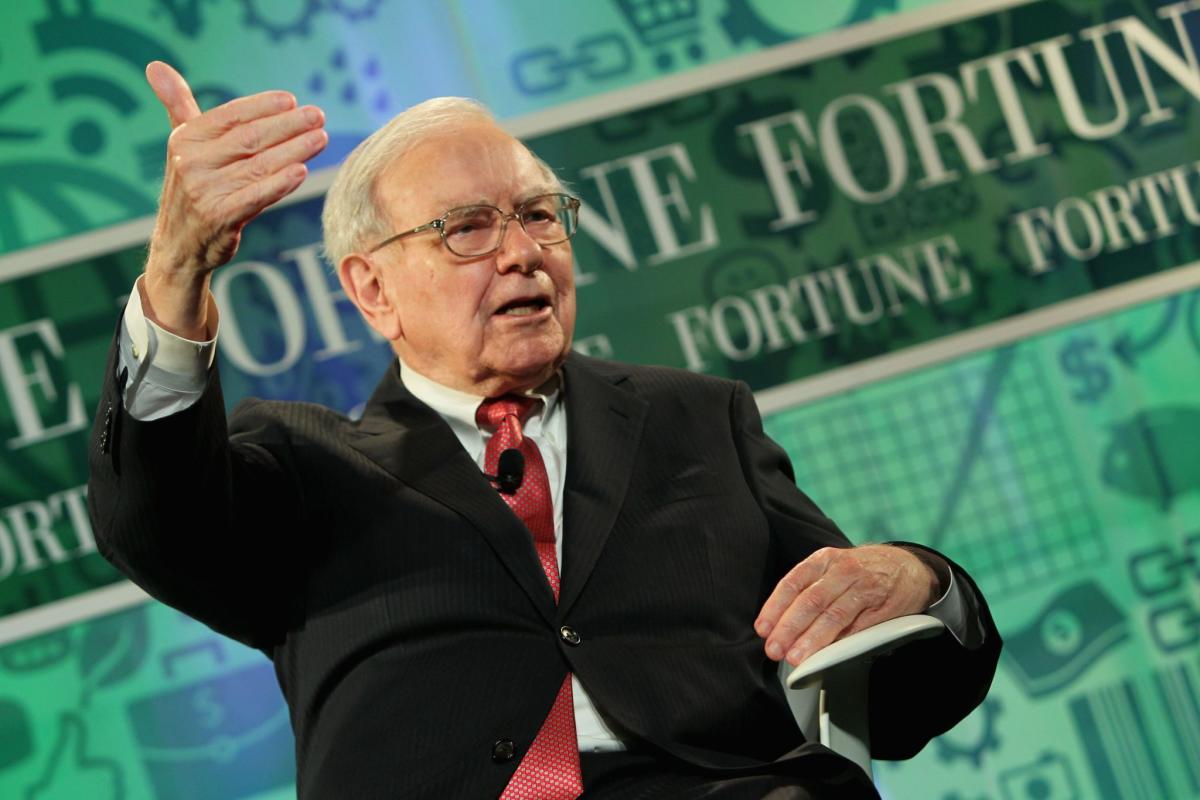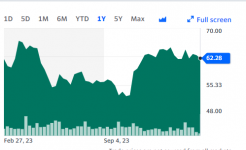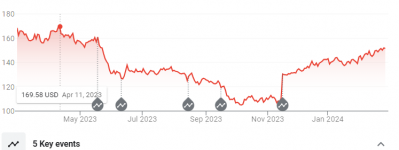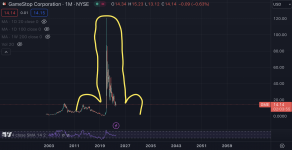Regarding the consequences of passive investing, look into Mike Green. He lays out the case on passive investing ruining markets better than anyone else. I agree with him 100%; passive funds are mindless investors with zero regard for fundamentals.
Something like 50% of every dollar invested in the S&P500 is coming from a passive fund; of those dollars, 30-35% go towards the mag 7. Pulling these numbers from memory so don’t quote me. All sorts of ramifications that I don’t have the time to lay out here, but he has plenty of material you can find online.
I don’t think there is anything inherently wrong with passive investing. Its fine for those who are content to get their 10-12% CAGR with little risk and fees involved. Most all the big index funds from Vanguard, Fidelity, TDA, etc. are going to be strict in their selection criteria and rebalance requirements to maintain a quality group of companies with good metrics across the board. In Buffett’s analogy, the index fund is probably like the guy who has a huge stack and just sits at the blackjack or roulette table forever….making continuous small bets and assuring themselves they won’t possibly win more than $100-$200, but also assuring they won’t lose anything.
However, for those seeking more opportunity, the biggest thing to know is that insitutional money is smart money….but it is slow money. And like 80% of the market is institutional money. The reasoning is pretty simple….the big brokerages all have so much pricing power, that in their own self-interest they have to act with restraint to keep from creating a panic or a fever around any given asset. Meta has a bad quarter, well, Fidelity can’t just dump 50% of their Meta instantaneously. There’s no buyer at that volume unless they are willing to lose their asś on the trade. So they have to very slowly and gradually unwind their position. The same is also true in reverse. Amazon reports an earnings beat, they can’t go all-in without paying a heavy premium. So they have to slowly increase their position by small, frequent trades.
Individual investors can take advantage of this by being more like Buffett. You don’t have to be an expert on the whole market or know the ins and outs of every sector. Pick 3-5 companies that both interest you and that you know well. 17 sector diversity and all that….overrrated. Find out how much the share of the company is actually worth. 17 “buying the dip” and other nonsense. If the real, underlying metrics say the shafe is worth $X, you see it’s price at only 50-60% of X, buy the damn stock. Then hold the stock, keep monitoring its fundamentals, readjust it’s value as the inputs change, sell if the price gets way above X, buy back in if it drops well below X, rinse and repeat.
That’s how individual investors take advantage of the smart, slow money. By moving faster. Entire positions can be liquidated or recreated as the institutional money pushes a share price up or down. The trick is knowing the actual value, not just trying to predict the future human behavior based on trends. Very few people really want to do that, because its boring. But it works, carries low risk if done correctly, and can yield much bigger returns than passive funds.

 finance.yahoo.com
finance.yahoo.com



